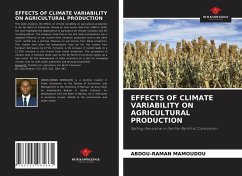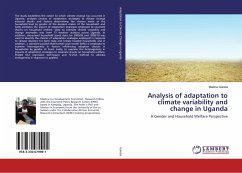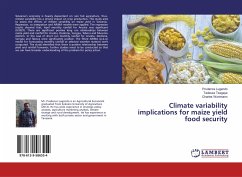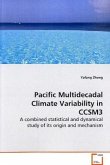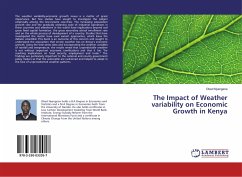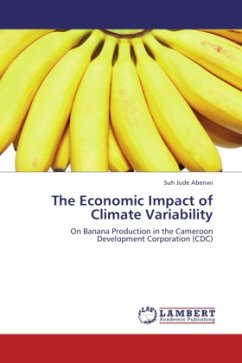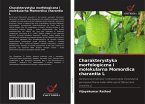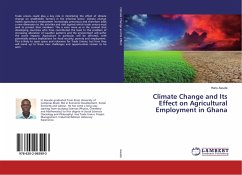This book analyses the effects of climate variability on agricultural production in the Far North of Cameroon. Based on time series data from 1980 to 2018, this work highlights the dependence of agriculture on climatic variables and the resulting effects. The analyses show that on the one hand, temperature has a negative influence on net income from Sorghum production and on the other hand, rainfall has a positive influence on net income from Maize production. This implies that when the temperature rises by 1%, the income from Sorghum decreases by 9.71%. Similarly, a 1% increase in rainfall leads to a 12.23% increase in net income from maize production. The prevalence of climatic risks in Sahelian zones such as the Far North of Cameroon opens up a new sector for the development of index insurance as a tool for managing climatic risks for both public authorities and farming households.Keywords: Climate risk, agriculture, Far North Cameroon. JEL Classification: C22, Q16, Q51, Q54, D81.
Bitte wählen Sie Ihr Anliegen aus.
Rechnungen
Retourenschein anfordern
Bestellstatus
Storno

